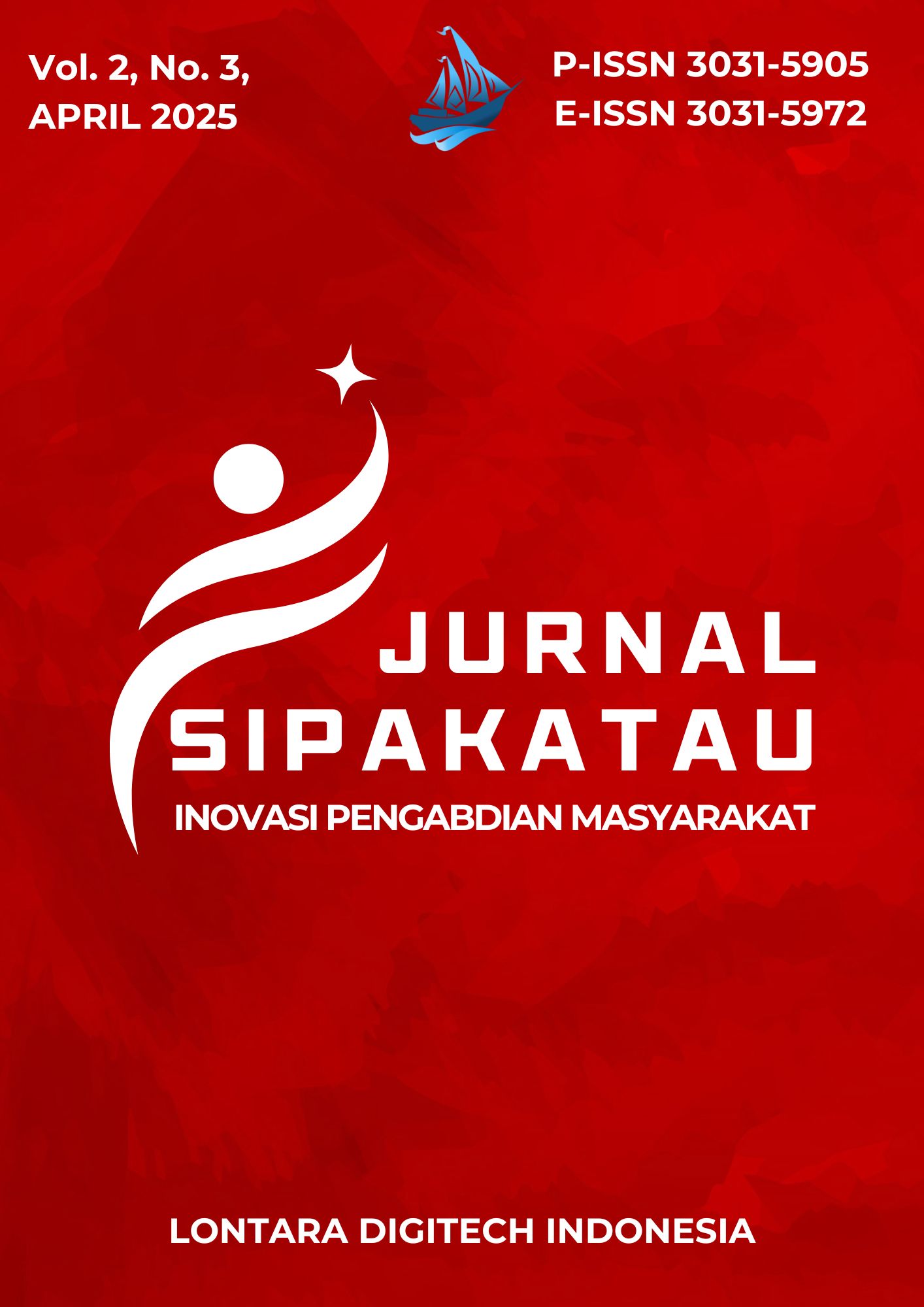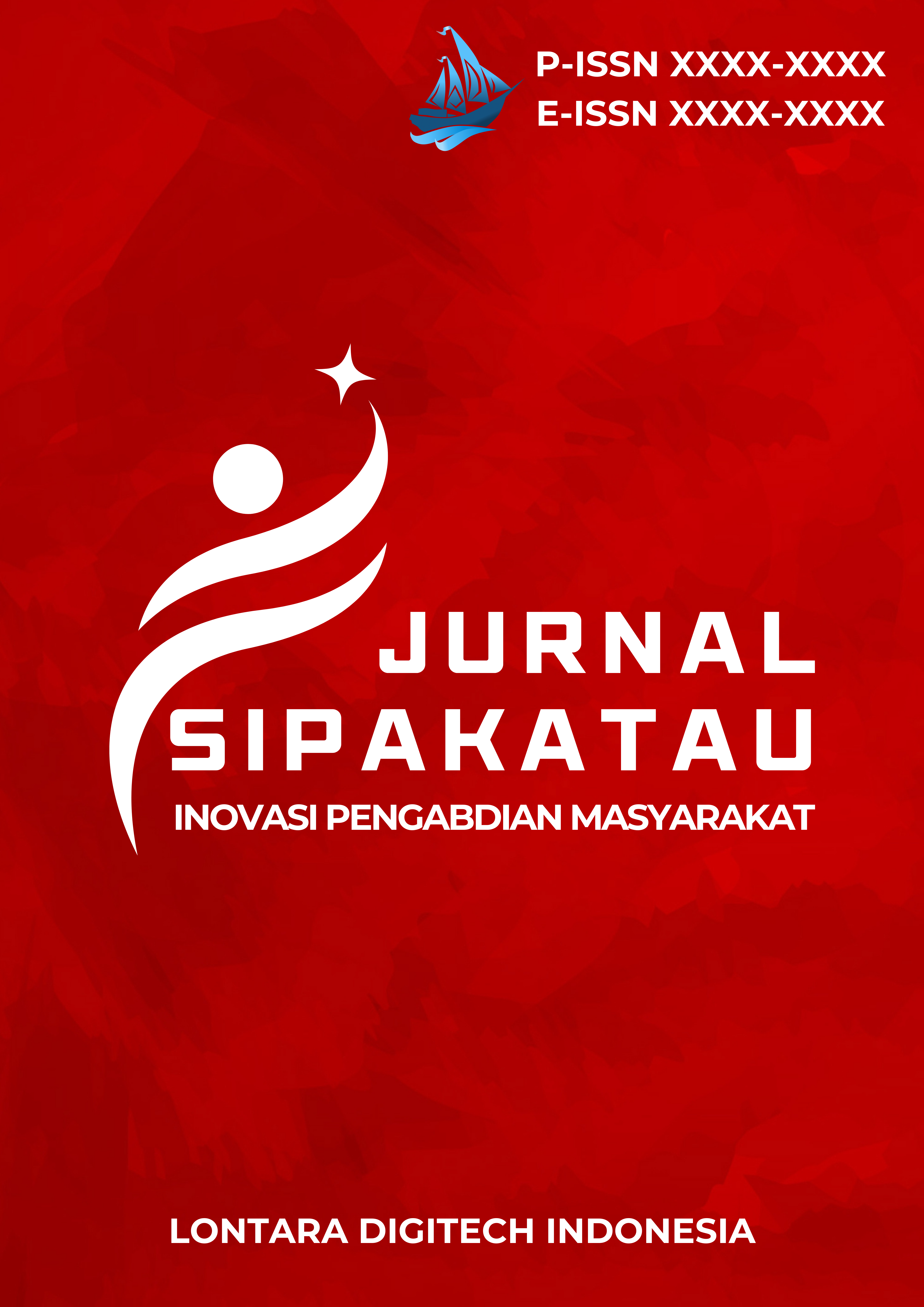Entrepreneurship Education as a Catalyst for Women's Economic Empowerment
DOI:
https://doi.org/10.61220/jsipakatau.v2i3.2515Keywords:
Woman Empowerment, Economic, EntrepreneurshipAbstract
Women's Economic Empowerment is crucial in supporting the Sustainable Development Goals. One aspect of women's economic empowerment that has been widely studied is women's involvement in entrepreneurial activities. Women have great potential to develop businesses. However, they often face barriers such as a lack of management education, access to capital, building business networks, and the persistence of community understanding that causes gender discrimination that women are not obliged to earn a living. This assumption can be an obstacle to the growth of the nation's economy. One of the efforts to overcome this is to educate the community on the importance of women's economic empowerment through Entrepreneurship Education. The purpose of entrepreneurship education for women is to encourage the national economy and improve family welfare. Economically empowered women can play a positive role in meeting personal needs, family and social activities.
References
Ainiyah, M., & Hanifah, L. (2016). Pemberdayaan Ekonomi Perempuan Madura Berbasis Pesantrenpreneur dan Sosiopreneur. 6, 1–23. https://doi.org/10.1905/iqtishadia.v10i1.xxxx.1
Astuti, W., & Saefudin, N. (2024). Pemberdayaan Kewirausahaan Santri di Era Digital Untuk Pengembangan Ekonomi Kreatif di Pondok Pesantren. 03(02), 113–126.
Badan Pusat Statistik (BPS). (2022). Statistik Kewirausahaan Perempuan. Jakarta: BPS.
Kauffman Foundation (2018) National Report on Early-Stage Entrepreneurship
Kementerian Koperasi dan UKM. (2020). Panduan Analisis SWOT untuk UMKM. Jakarta: Kemenkop UKM.
Kurnaesih, U., Arum, R. A., Mahmuddin, & Faisal, M. (2015). Pengaruh Modal Sosial, Pendidikan, Dan Kewirausahaan Terhadap Pemberdayaan Ekonomi Perempuan Di Pedesaan. 5(1), 293.
Noviyani, A., & Salfarini, E. M. (2021). Pengabdian Kepada Masyarakat Melalui Kegiatan Mbkm Di Ksp Credit Union Keluarga Kudus Tempat Pelayanan Bengkayang. Физиология Человека, 47(4), 124–134. https://doi.org/10.31857/s013116462104007x
Sunardi, H., Fahrizal Cahyadi, L., & Apipuddin. (2023). Pemberdayaan Ekonomi Perempuan Dalam Pembangunan Pedesaan Di Desa Pandan Duri Kecamatan Terara Kabupaten Lombok Timur NTB. Al Madani, 1(2), 115–145. https://doi.org/10.37216/al-madani.v1i2.803
World Bank. (2019). The Impact of Simulation Training on Learning Outcomes. Washington, D.C.: World Bank.
Yunus, M. (2025). Eksplorasi Model Inovasi Sosial dalam Pemberdayaan Perempuan di Era Ekonomi Berkelanjutan. 1(4), 166–174.
Downloads
Published
Issue
Section
License
Copyright (c) 2025 Asmayanti, Pahrul, Mahmuddin, Andi Anggi Kemalasari, Hasisa Haruna (Author)

This work is licensed under a Creative Commons Attribution-ShareAlike 4.0 International License.
















 Email: sipakatau@lontaradigitech.com
Email: sipakatau@lontaradigitech.com
